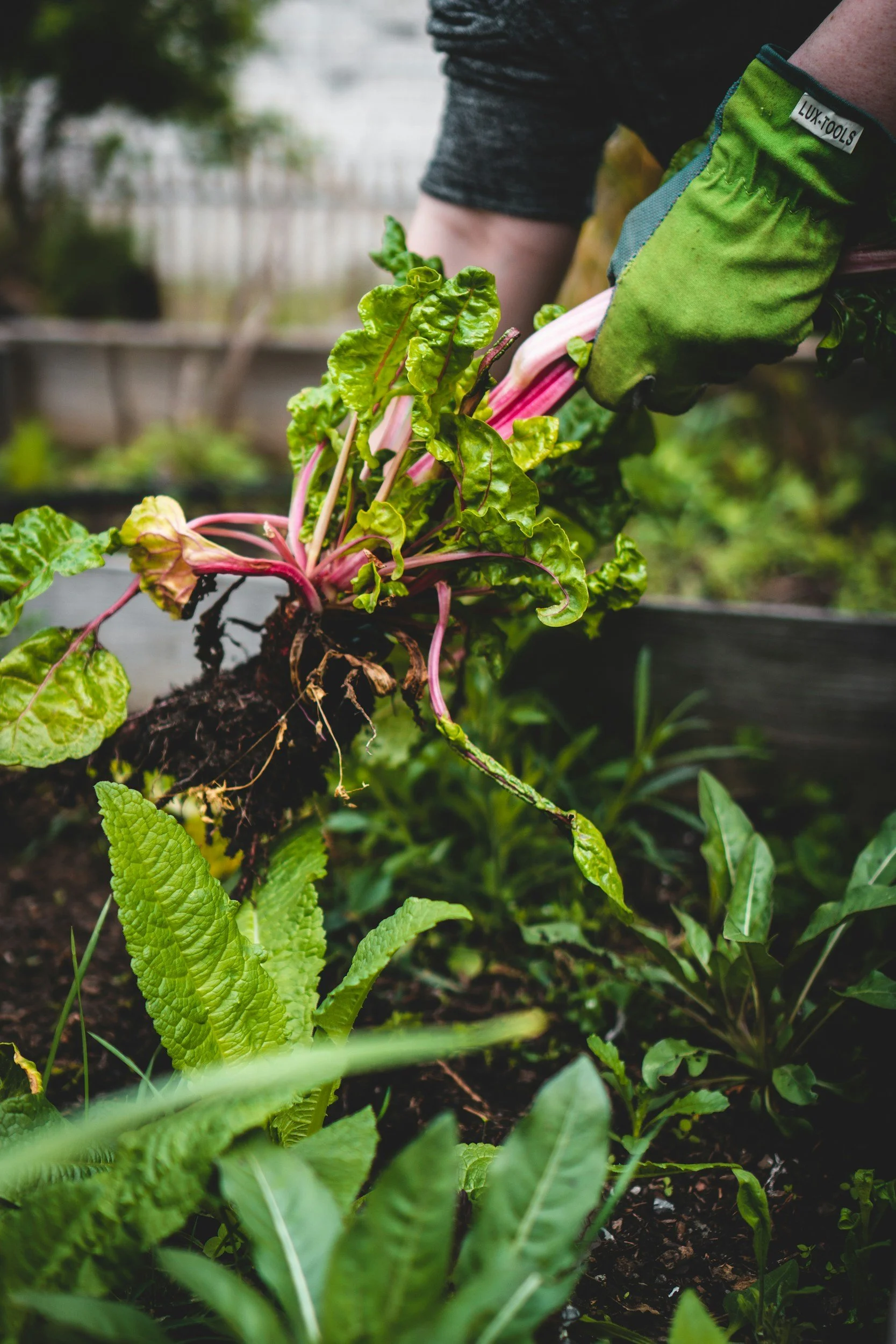The Power of Organic and Regenerative Agriculture: Transforming Health from Soil to Society
In the modern age of farming, where agricultural practices often dictate the health of our planet and its inhabitants, the choice between organic/regenerative and conventional farming methods emerges as a critical determinant of our collective well-being. Beyond mere labels on produce, these farming practices wield profound impacts on soil health, human health, and the broader environment.
Organic and Regenerative Agriculture: Supporting Farmers' Well-being
1. Mental and Physical Well-being:
Organic and regenerative farming methods prioritize the health of farmers themselves. By minimizing exposure to harmful chemicals and fostering a more natural approach to agriculture, these methods alleviate the physical burdens associated with conventional farming, such as pesticide exposure. Moreover, the sustainable practices inherent in these methods can reduce financial stress and promote mental well-being by ensuring more stable and predictable yields over the long term.
Restoring Ecosystem Health and Biodiversity
2. Restores Ecosystem Health and Biodiversity:
Unlike conventional farming, which often leads to monocultures and the depletion of natural habitats, organic and regenerative agriculture supports diverse ecosystems. By eschewing synthetic chemicals and embracing practices like crop rotation, cover cropping, and the use of natural fertilizers, these methods enhance biodiversity above and below ground. Healthy ecosystems, in turn, provide crucial ecosystem services such as pollination and natural pest control, ensuring sustainable agricultural productivity for generations to come.
Nutrient and Mineral Rich: Nourishing Body and Soil
3. Nutrient and Mineral Rich. Nourishes and detoxifies the body:
Organic and regenerative farming practices prioritize soil health, which directly translates to the nutrient density of crops grown. Rich, fertile soils produce crops that are packed with essential vitamins, minerals, and antioxidants. These foods not only nourish our bodies more effectively but also support detoxification processes, reducing our exposure to harmful substances present in conventionally grown foods.
Conserves and Replenishes Water Resources
4. Conserves and replenishes water resources:
Water is a precious resource, and organic and regenerative farming methods recognize this by focusing on water conservation and soil moisture retention. By avoiding the use of synthetic chemicals that can leach into water sources and implementing practices like mulching and cover cropping, these methods help maintain clean water supplies for communities while reducing the strain on local ecosystems.
The Impact of Non-organic Agriculture: A Harsh Reality
Conversely, non-organic agriculture exacts a toll on both human health and the environment:
1. Chemicals and Pesticides Impact on Health:
The chemicals and pesticides used in conventional agriculture pose significant risks to the health of farmers, their families, and consumers. Studies have linked pesticide exposure to various health issues, including cancers, neurological disorders, and reproductive problems.
2. Environmental Degradation:
Non-organic agriculture is a major driver of deforestation, particularly in tropical regions where large swaths of forest are cleared to make way for monoculture crops or cattle ranching. This destruction of natural habitats threatens biodiversity and disrupts critical ecosystem services.
3. Depletion of Soil Health:
The continuous use of synthetic fertilizers and pesticides leads to soil degradation, depleting essential nutrients and disrupting microbial communities. This degradation reduces soil fertility over time, requiring ever-increasing inputs to maintain agricultural productivity and leading to desertification.
4. Contamination of Water Sources:
Chemical runoff from conventional farms contaminates lakes, rivers, and groundwater with pesticides, fertilizers, and other harmful substances. This pollution not only threatens aquatic ecosystems but also compromises the safety of drinking water for communities downstream.
Beyond Nutrition: Organic and Regenerative Agriculture as Medicine
5. Anti-inflammatory Properties and Nutritional Benefits:
Organic foods are known to have higher levels of beneficial nutrients such as antioxidants and phytochemicals, which have anti-inflammatory properties and support overall health.
6. Gut Microbiome and Neurotransmitter Balance:
Consumption of organic foods has been linked to a healthier gut microbiome, which plays a crucial role in digestion, immunity, and even mental health. Additionally, organic foods may support balanced neurotransmitter production, improving mood and cognitive function.
Conclusion: Choosing the Path Forward
The choice between organic/regenerative and conventional agriculture transcends personal dietary preferences; it defines our stewardship of the land and our commitment to the well-being of present and future generations. By supporting organic and regenerative agriculture, consumers empower farmers to cultivate healthful foods, safeguard ecosystems, and promote sustainable practices that benefit all life on Earth.
In a world where every bite we take and every farming decision we make reverberates across ecosystems and into our bodies, organic and regenerative agriculture emerges as a viable alternative and a powerful catalyst for positive change. Let us embrace a future where our soils' health mirrors our communities' vibrancy and where each harvest sustains both body and planet alike.
Shop my superfood to vote with your dollar and support regenerative and organic farming practices that restore nutrient density and ecosystem diversity, clean up water sources, and RESTORE the health of generations to come!








